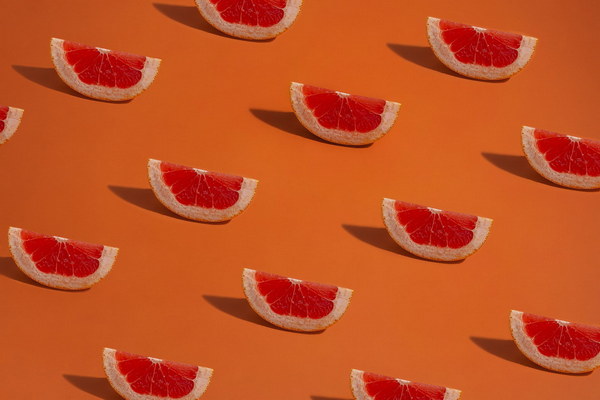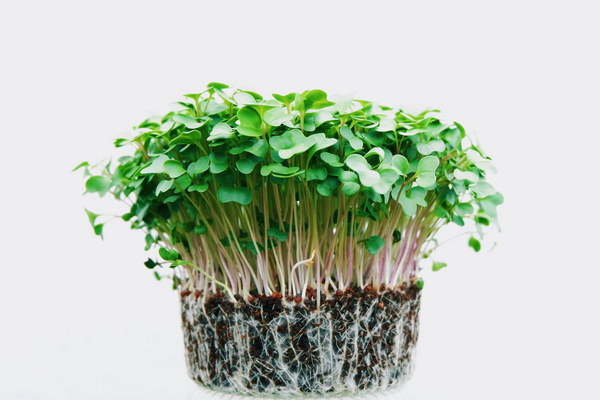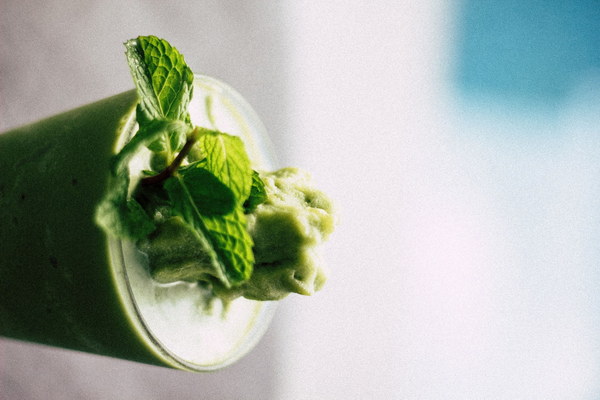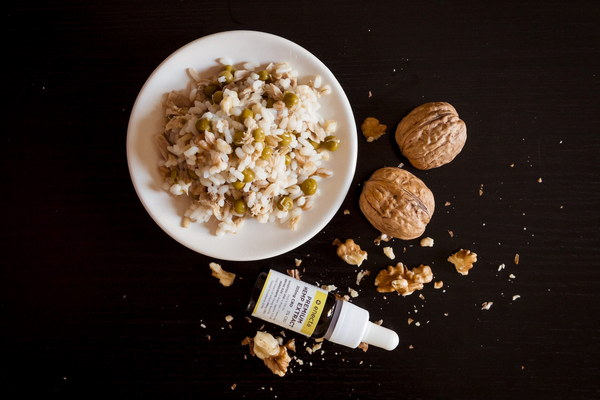Post-Tonifying Blood and Qi Understanding the Return of Lochia
After the postpartum period, many new mothers often experience the return of lochia, the discharge from the uterus after childbirth. This phenomenon, accompanied by the tonification of blood and qi, can be quite confusing and concerning for some. In this article, we will delve into the reasons behind the recurrence of lochia, its significance, and ways to manage it effectively.
Firstly, it is essential to understand the role of tonifying blood and qi in the postpartum period. Blood and qi are the two fundamental substances in traditional Chinese medicine (TCM), playing a crucial role in maintaining the body's balance and health. After giving birth, the body loses a significant amount of blood and qi due to the exertion of labor and the delivery of the placenta. Therefore, tonification is necessary to replenish and restore the body's vitality.
The return of lochia after tonification is not a coincidence, but rather a natural process. Lochia is the body's way of cleaning the uterus and expelling any remaining placental tissue or blood clots. It typically starts within the first few days after childbirth and gradually decreases in volume and color over the next four to six weeks. However, when lochia recurs after tonification, it can be attributed to the following reasons:
1. Inadequate tonification: If the tonification process is not sufficient, the body may not be able to fully restore its balance, leading to the recurrence of lochia. This can be due to various factors, such as poor diet, insufficient rest, or the use of incorrect tonifying herbs or medications.
2. Poor diet: A diet high in cold and raw foods can weaken the spleen and stomach, leading to a deficiency in blood and qi. This can result in the recurrence of lochia. It is important for new mothers to consume a balanced diet rich in nutrients to support their recovery.
3. Emotional stress: Emotional stress can also impact the body's ability to maintain balance. Stress can lead to the depletion of blood and qi, making it more likely for lochia to recur.
4. Infection: In some cases, the recurrence of lochia may be due to an infection in the uterus. This can cause an increase in lochia volume, foul odor, and fever. If infection is suspected, immediate medical attention is required.
To manage the recurrence of lochia after tonification, the following measures can be taken:
1. Continue with tonification: Ensure that the tonification process is continued, following the guidance of a qualified TCM practitioner. They can recommend appropriate tonifying herbs, supplements, and dietary advice.
2. Improve diet: Focus on a balanced diet rich in iron, protein, and vitamins, such as red meat, eggs, leafy greens, and fruits. Avoid cold and raw foods that can exacerbate the issue.
3. Practice stress-relief techniques: Engage in activities that promote relaxation and reduce stress, such as yoga, meditation, or gentle exercise.

4. Seek medical attention: If the recurrence of lochia is accompanied by foul odor, fever, or excessive bleeding, consult a healthcare professional immediately to rule out infection or other complications.
In conclusion, the return of lochia after tonification is a natural process that can be managed effectively with proper care and attention. By following the recommendations outlined in this article, new mothers can ensure a smooth recovery and maintain their health and well-being.









